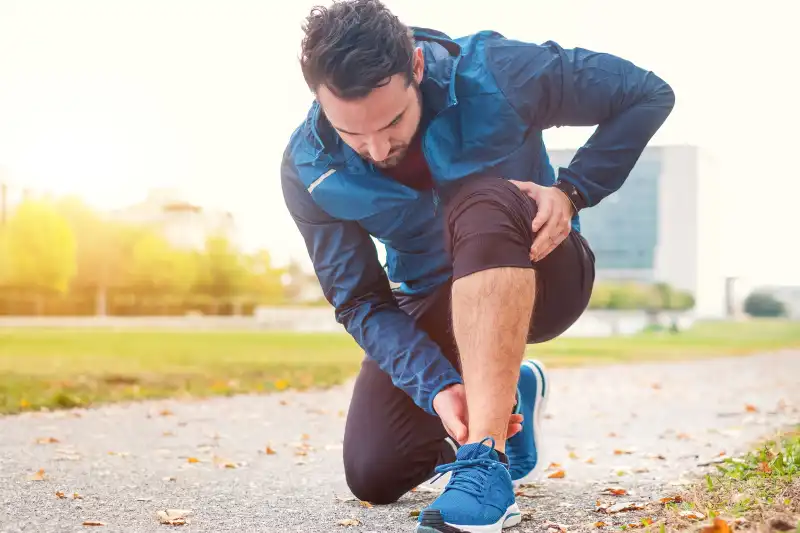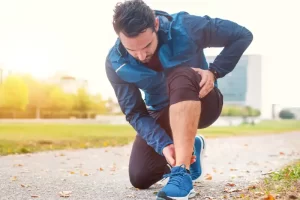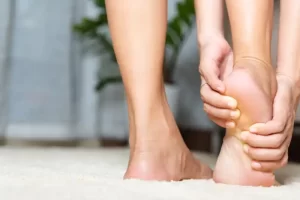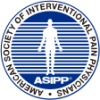If your knees, shoulders, hips, or elbows hurt or feel stiff, it’s easy to brush it off, thinking it will go away on its own. You might blame it on an awkward night’s sleep or just regular muscle tightness that “everyone” gets from time to time. If that’s happening to you, you’re not alone, many patients at Ponte Vedra Spine and Pain Center share similar experiences.
The truth is, chronic musculoskeletal pain is a common issue we deal with. And when it comes to living with chronic musculoskeletal pain in Ponte Vedra, FL everybody we see wants to know “why is this happening to me?” If this sounds like you, Ponte Vedra Spine and Pain Center has your back! We get that tackling chronic musculoskeletal pain and having the right know-how for managing it are key to getting you back to enjoying the daily activities you love in Ponte Vedra, FL.
What Is Chronic Musculoskeletal Pain?
Chronic musculoskeletal pain is like having a constant ache in your muscles, bones, or joints that just won’t let up. It can stick around for months or even years, making life a bit tougher. Whether it’s in one spot or all over, dealing with this kind of pain is a daily battle that can affect how you feel, work, and even your peace of mind. If you’ve had an injury before, like a sprain or strain, you might know how it feels to live with persistent pain. Living with chronic musculoskeletal pain means facing these challenges head-on. From adjusting to how you move to finding ways to manage the pain, it’s a journey that requires understanding and support. Common types of chronic musculoskeletal pain include:
- Muscle Pain: Cramps, spasms, injuries, strains, or the rare muscle tumor.
- Bone Pain: Comes from fractures or injuries.
- Joint Pain: Inflammation, stiffness, or infections.
- Tendon and Ligament Pain: Strains, sprains, or simple overuse.
Understanding the types of chronic musculoskeletal pain is the first step toward finding effective pain management and treatment. If you’re in the midst of this struggle, know that you’re not alone.
What Causes Chronic Musculoskeletal Pain?
Chronic musculoskeletal pain can come from different places, like your bones, joints, muscles, tendons, ligaments, or a combination of various factors. Everyday activities can wear down your muscles, and accidents or falls can also cause ongoing chronic pain. Things like bad posture, doing the same movements over and over, or not moving enough for a long time can add to the discomfort. If your posture is off or your body mechanics aren’t great, it can mess with your spine and muscles, causing chronic pain.
Understanding what’s causing your chronic musculoskeletal pain is crucial because it can stem from various factors. At Ponte Vedra Spine and Pain Center, we believe in personalizing your care. By figuring out exactly what’s causing your chronic pain, we customize our approach to make sure we get the diagnosis and treatment right. Our goal is to give you the best care possible, helping you move towards a life without pain.
What Are The Symptoms of Chronic Musculoskeletal Pain And How Is It Diagnosed?
For those dealing with chronic musculoskeletal pain, it’s not uncommon to feel an all-over body ache. Muscles might seem pulled or overworked, and some people experience twitches or burning sensations. Symptoms vary from person to person, depending on the cause of your chronic musculoskeletal pain, however, common symptoms can include:
- Persistent Pain: Long-lasting discomfort lasting three months or more, affecting specific areas or multiple parts of the body.
- Stiffness: Difficulty moving due to tightness in muscles, joints, or other structures.
- Tenderness: Pain or discomfort when touching affected areas.
- Swelling: Inflammation causing noticeable swelling in muscles, joints, or surrounding tissues.
- Reduced Range of Motion: Difficulty moving body parts fully.
- Fatigue: Feeling tired and low on energy due to dealing with constant pain.
- Sleep Disturbances: Difficulty falling or staying asleep due to chronic pain.
- Mood Changes: Irritability, anxiety, or depression linked to living with persistent pain.
- Weakness: Muscle weakness in affected areas due to prolonged pain and limited mobility.
- Difficulty Performing Daily Activities: Challenges in carrying out everyday tasks, impacting overall quality of life.
Understanding chronic musculoskeletal pain involves a conversation with Dr. Eli Loch. He’ll ask about your symptoms and dig into your medical history. Get ready for questions like when the pain started, what you were up to (maybe playing pickleball or golf), and what makes it better or worse. The first step to an accurate diagnosis is a thorough physical exam and analysis of movement. To help pinpoint the exact location of your pain, a variety of tests can be used including:
- X-rays
- MRIs (Magnetic Resonance Imaging)
- CT scans
- Ultrasound
How Is Chronic Musculoskeletal Pain Treated?
Treating chronic musculoskeletal pain is a team effort, focusing on both the physical and psychological aspects. Dr. Eli Loch will collaborate with you to create a personalized care plan. Common treatments for chronic musculoskeletal pain at Ponte Vedra Spine and Pain Center include:
- Medications for fibromyalgia: These help regulate sleep and manage pain responses by targeting brain neurotransmitters.
- Supportive gear: Using splints, braces, lumbar supports, orthotics, and similar aids.
- Heat or ice therapy: Applying temperature therapy for pain relief.
- Physical therapy: Engaging in tailored exercises to boost flexibility, strength, and overall function.
- Injections: Receiving shots with anti-inflammatory or anesthetic medications to tackle localized pain.
- NSAIDs: Taking non-steroidal anti-inflammatory drugs for pain and inflammation control.
- Pain medications: Using specific drugs as part of the treatment plan.
- Occupational therapy: Participating in sessions to improve function and manage pain.
Can I Prevent Chronic Musculoskeletal Pain?
While preventing all cases of chronic musculoskeletal pain is tough, there are lifestyle habits that can help reduce the risk. Here are some common prevention tips from Ponte Vedra Spine and Pain Center:
- Stay Active: Regular, low-impact exercises like walking or swimming keep your muscles strong and flexible.
- Mind Your Posture: Whether sitting, standing, or lifting, maintain good posture to avoid straining muscles and joints.
- Work Comfort: Set up your workspace with ergonomics in mind to prevent repetitive strain injuries.
- Eat Well: A balanced diet supports overall health, including your muscles and bones.
- Hydrate: Keep muscles and joints flexible by drinking enough water.
- Take Breaks: If your job involves sitting or repetitive movements, take breaks to stretch and move.
- Lift Right: When lifting heavy objects, use proper techniques to protect your back and muscles.
- Manage Weight: Maintain a healthy weight to reduce the risk of musculoskeletal issues.
- Quit Smoking: Smoking impairs blood flow and healing, increasing the risk of problems.
- Stress Less: Manage stress with techniques like meditation or deep breathing to prevent muscle tension.
- Sleep Well: Quality sleep is crucial; poor sleep can worsen pain and overall well-being.
- Choose Good Shoes: Wear shoes that provide proper support to maintain good posture.
Caring Approach, Prolonged Relief: Chronic Musculoskeletal Pain Management in Ponte Vedra, FL
Don’t let chronic musculoskeletal pain be the boss of your life! At Ponte Vedra Spine and Pain Center, we’re not just here to help, we’re here to cheer you on. Our compassionate team is all about personalized care because we know your journey to recovery is one-of-a-kind. Ready to kick chronic musculoskeletal pain to the curb? Take that first step, schedule an appointment with Dr. Eli Loch today, and let’s reclaim your comfort and vitality together!









